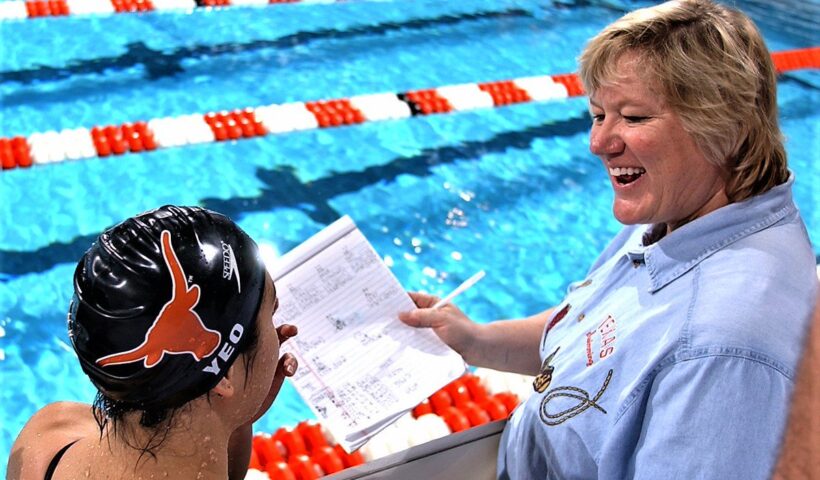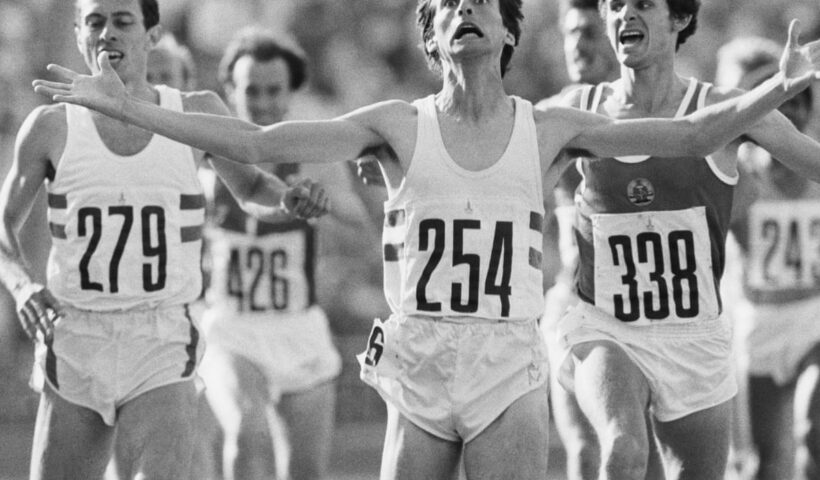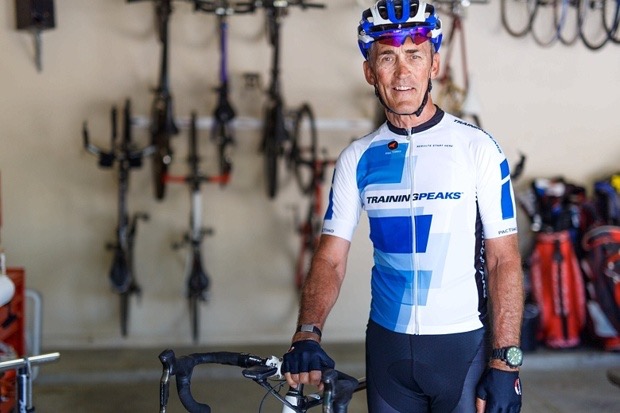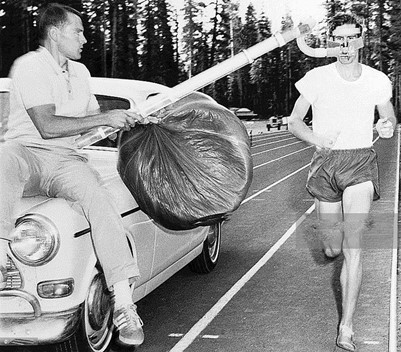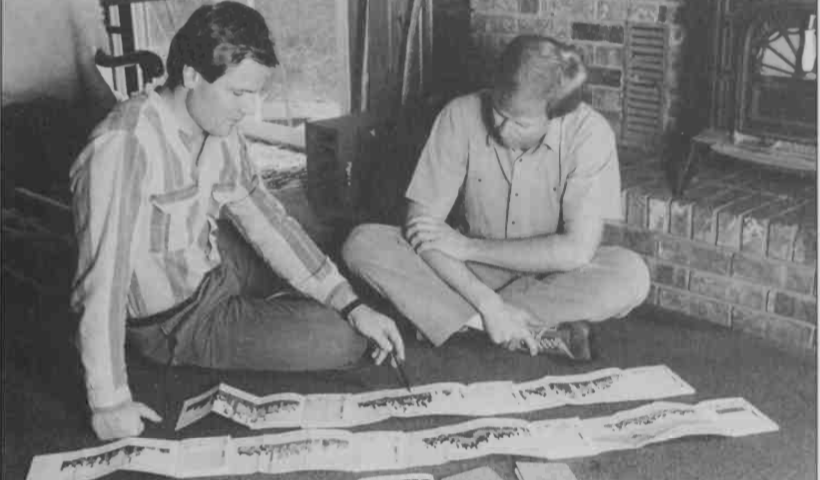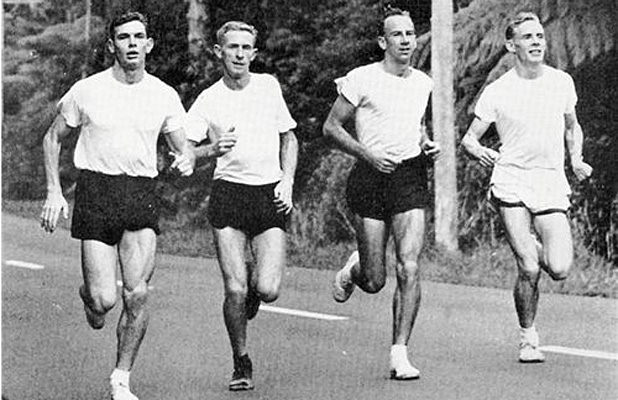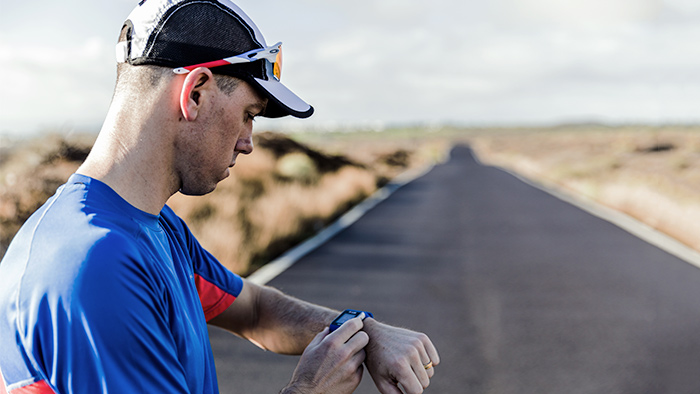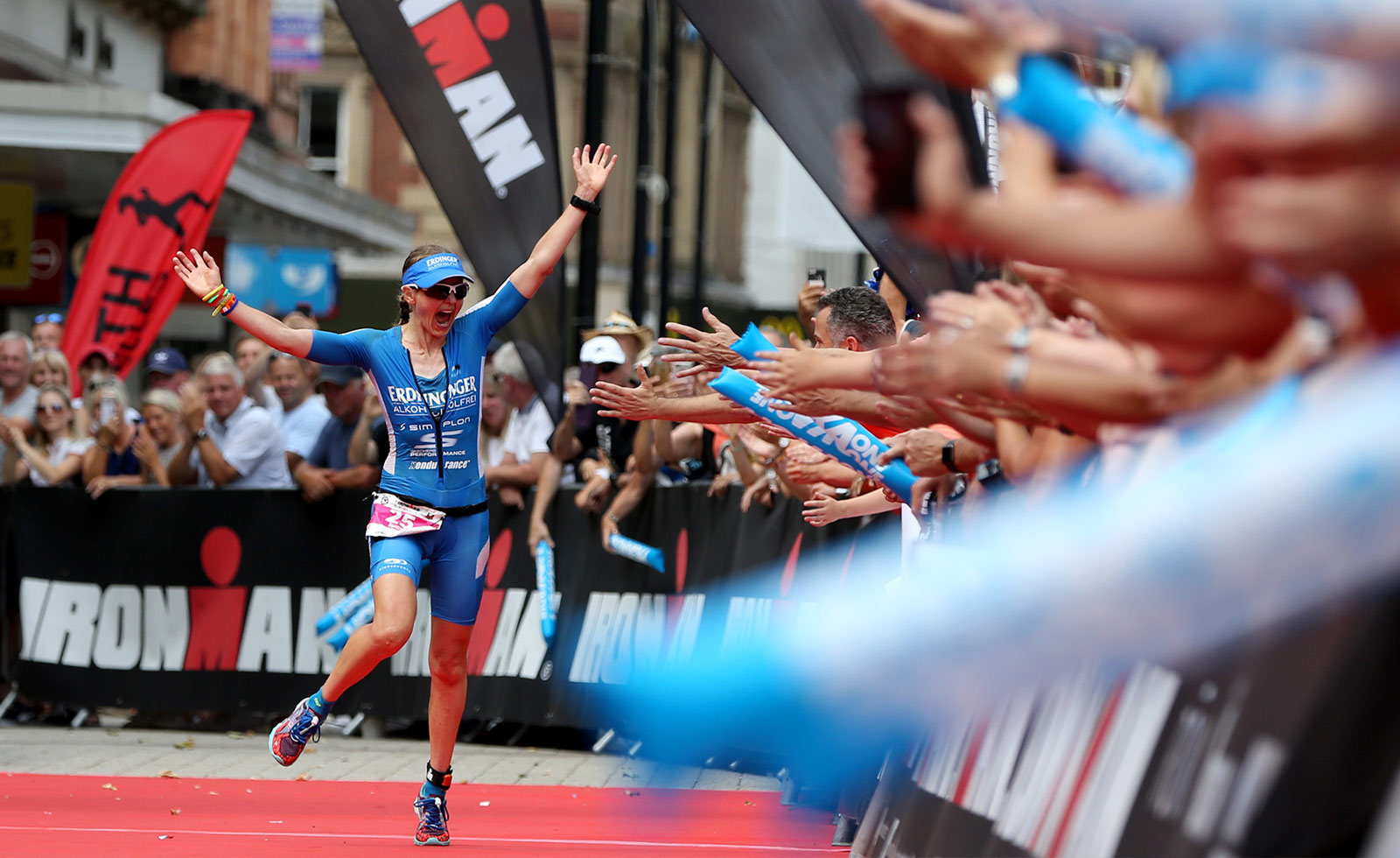This weeks instalment in my series of articles about periodisation looks at how swim coaches apply methodologies around periodisation principles. Jill Sterkel was the Woman’s Head Swimming and Diving Coach for the Texas Longhorn’s at the University of Texas at Austin for 16 years in the 90’s and 2000’s. She was also a gold medal winning Olympian in 1976 in Montreal and also achieved two bronze medals in the 1988 Seoul Olympics. Jill Sterkel wrote the chapter on Long- and Short- Range Planning in The Swim Coaching Bible that is endorsed by the World Swimming Coaches Association.
View More Jill Sterkel’s Periodisation for SwimmersCategory: Training Methodology
Martin & Coe’s Better Periodisation for Distance Runners
Peter Coe started out dissatisfied with the coaching advice Sebastian was receiving from his local club (this was based around the methodologies for Arthur Lydiard). Fluent in German, Coe senior translated the books of prominent German coach Woldemar Gerschler. Gerschler was a pioneer and proponent for Interval Training back in the 1930’s. His methodologies called on a pace “so fast that the pace required in competition would seem moderate and achievable”, and this is a key principle that Coe senior used to build the fitness of Sebastian Coe to win Olympic gold medals in the 1,500m in both Moscow and Los Angeles, combining that with silver medals in the 800m in the same Olympics.
View More Martin & Coe’s Better Periodisation for Distance RunnersGiving the Coach the Finger
I want my athletes to give me the finger, and often. Actually I look for it in about 80% of their workouts. And I encourage it. I’ve been describing it like this to myself for a few years. The idea of this article has also been floating around my head for just as long. I just haven’t verbalised it to anyone….so excuse me if this seems a bit of a weird context 😃
View More Giving the Coach the FingerJoe Friel’s Bible for Periodisation
Joe Friel’s Bible for Periodisation
Joe Friel is an elite level triathlon and cycling coach who has literally written the bible on training for both sports. He has a Master’s Degree in Exercise Science and has coached Olympian’s and Ironman champions.
Jack Daniels’ PhD, Formulaic Approach To Periodisation
Jack Daniels PhD, is an iconic American Running coach, whose successful series of books Daniels’ Running Formula now in its Fourth edition has become my bible when planning or periodising an athletes season. Jack Daniels competed and medalled at both the Melbourne and Rome Olympic Games in 1956 and 1960 respectively, as well as being named the World’s Best Coach by Runner’s World. The overriding philosophy of the Daniels’ Running Formula is establishing intensities using the V-Dot system, this article will brush over that with the focus being on how he periodises or structures a season plan into different phases.
View More Jack Daniels’ PhD, Formulaic Approach To PeriodisationRob Sleamaker’s SERIOUS Periodisation
Rob Sleamaker is a sports physiologist with a Masters of Science (MS) degree who developed his SERIOUS Training System back in the 1980’s. This is more holistic approach to training, where his overview targets, not just Physical Preparation, but also Technique, Nutrition, Equipment and Mental Skills to develop overall Optimal Performance. The focus of this article is on Sleamaker’s physical preparation concepts in particular how he periodised his seasons.
View More Rob Sleamaker’s SERIOUS PeriodisationPeriodisation The Lydiard Way
Arthur Lydiard was the fore-father of periodisation in run training. He developed his own methodologies in the 1950’s and 60’s that lead to his athletes winning a range of Olympic medals from the 800m through to the marathon with Murray Halberg, Peter Snell, Barry Magee and John Davies. Arthur’s methodology is often misquoted or interpreted wrong. He was well known for long runs for ALL his athletes and this is what he is most often remembered for, but he was equally insistent on speed work. Let’s have a look at his methodology.
View More Periodisation The Lydiard WayThe Smaller the Base, The Smaller the Peak: How to Get the Most Out of Your Aerobic Base
Building fitness requires a combination of a number of different fitness elements. Depending on the nature of the event you are training will determine how much of each different element. But one thing remains the same, the bigger you build your base fitness the higher your peak can be. If you scrimp on the base training, your peak fitness will be compromised. Speed-work is essential for developing your peak fitness, but unless you are building it on a foundation of base training it’ll never be as high as your physical potential will allow.
View More The Smaller the Base, The Smaller the Peak: How to Get the Most Out of Your Aerobic BaseHow To Put Structure, Routine and Consistency In Your Training
How hasn’t struggled with putting consistency in their training? It’s easy to defer things, leave your training for later, hit that snooze button, prioritise other aspects of your life above your training…… or the classic I can’t really be bothered today, or convince yourself that you are tired, ill or injured and a rest will be the best option for you. These are all my excuses, reasons and justifications, what are yours?
Here are some simple ways to put that Structure, Routine and Consistency back into your training.
Science on Sunday: Personal Best Times in an Olympic Distance Triathlon and a Marathon Predict an Ironman Race Time for Recreational Female Triathletes
When an athlete hasn’t done an Ironman event previously what time do you think they can do? Tough questions because they have never done the event before (often they haven’t done something similar) and are stepping into the great unknown. Rüst et al has attempted to answer this for female athletes (who make the bulk of Qwik Kiwi athletes).
View More Science on Sunday: Personal Best Times in an Olympic Distance Triathlon and a Marathon Predict an Ironman Race Time for Recreational Female Triathletes